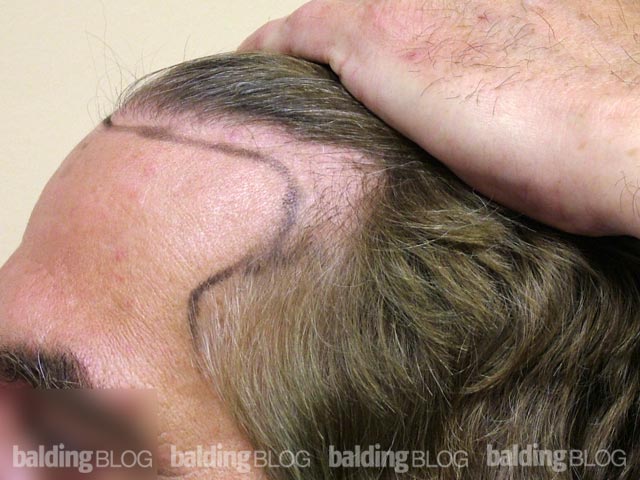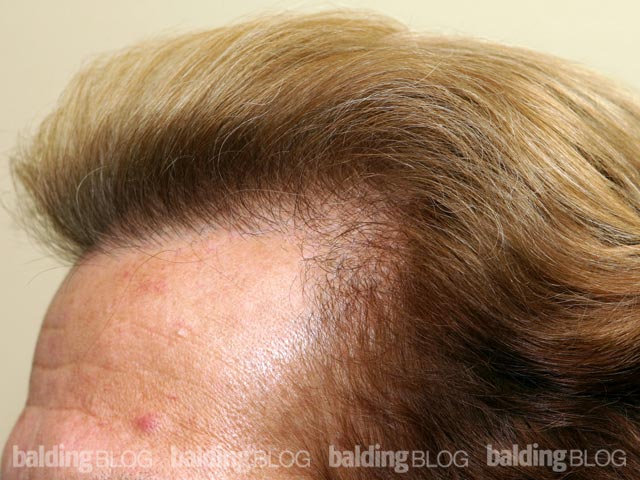(Since these topic tend to be hot debates, the following was taken from a comment section from a recent post) The statistics posted in this blog entry are not correct. The frequency of ED in men in the 20s is much lower than 20% and it does not increase linearly by 10% every decade. It would be nice because the numbers are convenient, but it just simply isn’t empirically observed.
If you look at the Propecia clinical trials which included men under the age of 40, only about 1% in the placebo had sexual problems of any kind. A lot of hair transplants make the argument that sexual dysfunction is common to minimize the likelihood that sexual problems are caused by Propecia, but this is never backed up by fact mainly because it isn’t true.
It is true that it has not been studied in detail how PDE5 inhibitors will affect men suffering from finasteride related side effects, but many men who develop irreversible side effects also report limited benefit from erectile dysfunction medications. These drugs work for certain types of ED, psychogenic ED included, but it is commonly observed that they are not very helpful for men with post-finasteride-syndrome.

The exact number or statistics on erectile dysfunction (ED) may be of debate since most of these studies are based on self assessment and honestly reporting that they actually have ED. For example, if you wear women’s lingerie, have a small penis, or cheated on your spouse, etc would you honestly answer such personal or embarrassing questions? The answers and its accuracy can vary widely depending on the setting of how the question was asked and even who administered the questions. You can lie just as easily based on the person’s agenda. I use the prevalence of ED numbers more as a generality. You can find evidence on the Internet that may affirm the statistics or disprove it.
As to the persistent side effects of Propecia and post-finasteride syndrome discussed around the web I think it is difficult to confirm. Most of it is “speculation” as noted even by the scientific community that supposedly study the phenomenon. It’s based on self reporting and never clearly back up. You’re basically trusting someone’s word that they cannot have an erection or orgasm.
If you really look into the websites that report these persistent side effects of Propecia/ finasteride, the hidden agenda is a legally motivated.
There are so many other medications (that is used to treat depression and anxiety, such as Zoloft, Lexapro, Xanax, even good old fashion alcohol and marijuana use) that can have a much more profound effect in orgasm, sexual desire, and erections. These are never discussed in the context of Propecia and ED.
I am not dismissing the idea that there may be long term issues with Propecia. It just seem strange that I have not come across someone with these long term side effects in my 23 years of practice.


